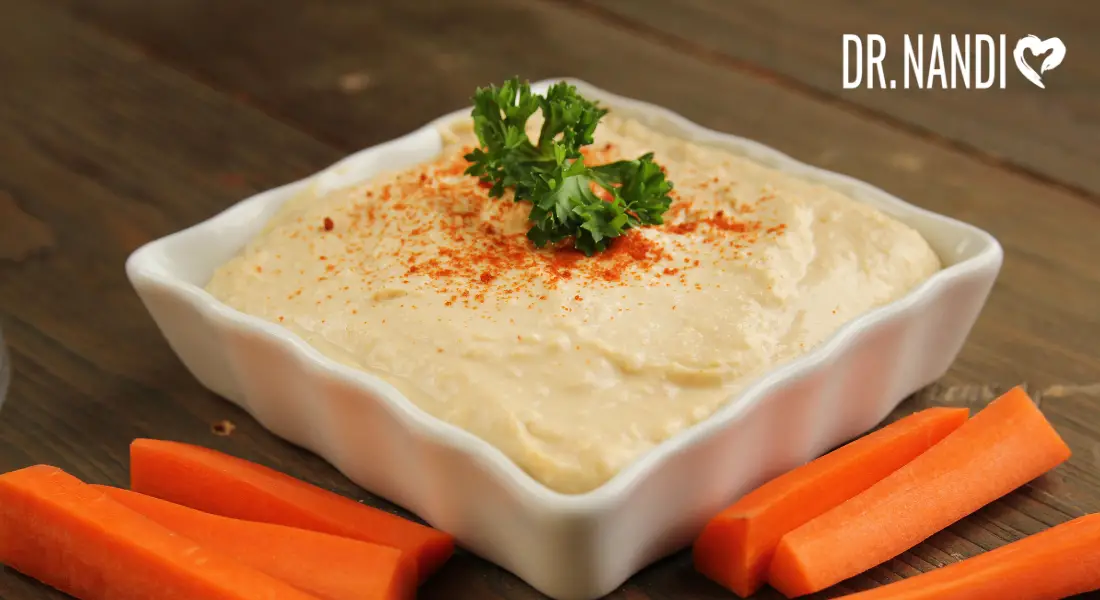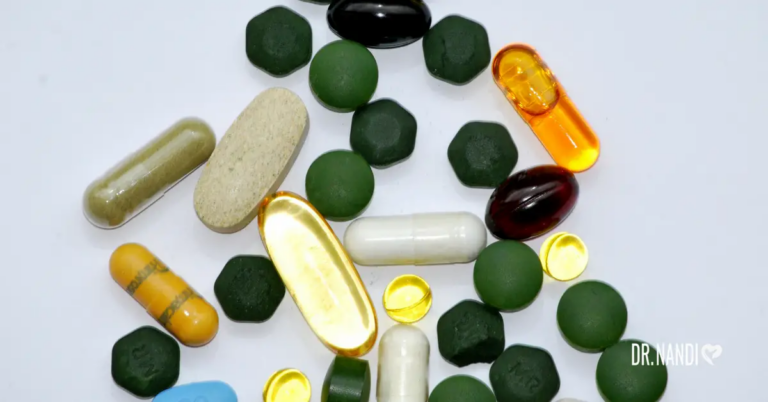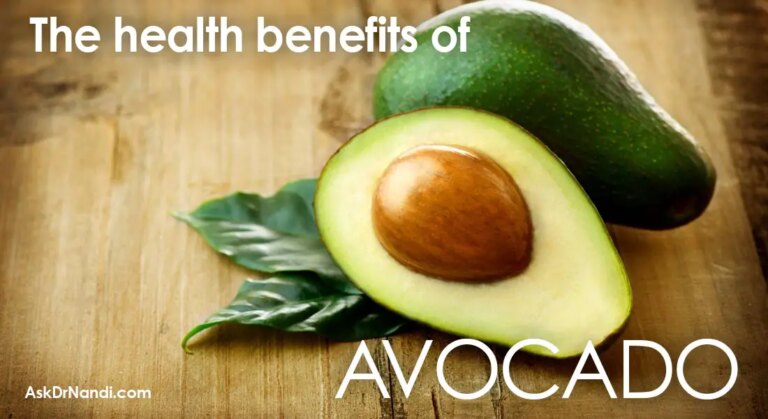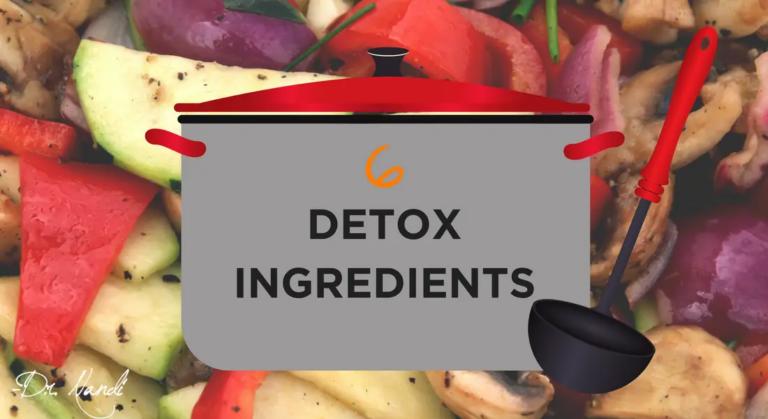Tahini, a paste made from ground sesame seeds, is a staple in Middle Eastern and Mediterranean cuisine. It’s used as a dip or as an ingredient in dishes such as baba ganoush, halva, and hummus. This humble condiment has some impressive health benefits that warrant its spot in any diet. Tahini is high in protein and essential fatty acids, and it’s also a good source of iron, calcium, magnesium, and zinc.
Here are some nutrition facts and health benefits of Tahini.
Nutritional Profile of Tahini
Tahini is fairly low in calories but high in fiber, protein, and several important vitamins and minerals. One tablespoon (15 grams) has this nutritional values:
- 89 calories
- 8.1 grams of fat
- 17 milligrams of sodium
- 3.2 grams of carbohydrates
- 1.4 grams of fiber
- 2.6 grams of protein
- 64 milligrams of calcium
- 1.3 milligrams of iron
- 62 milligrams of potassium
Moreover, tahini is a good source of thiamin, phosphorus, and magnesium.
Tahini Benefits
Here are some of the tahini’s amazing health benefits.
Tahini is Rich in Antioxidants
Tahini is high in antioxidants called lignans, which aid in the prevention of free radical damage and may reduce your risk of illness. Free radicals are molecules that are unbalanced. When they exist in large amounts in the body, they can harm tissues and lead to the development of type 2 diabetes, heart disease, and some malignancies. (2, 3, 4, 5)
Sesamin, a lignan present in tahini that has shown antioxidant activity in test-tube and animal studies, is especially abundant. It might lower your risk of cancer by protecting your liver from free radical damage, according to some studies. (6, 7)
However, further study on humans is required to fully comprehend these outcomes. (4, 8, 9)
Tahini Promotes Heart Health
In one serving of tahini, you are consuming 16 grams of omega-3 and omega-6 fatty acids. The polyunsaturated fats are anti-inflammatory, which helps fight cardiovascular diseases such as heart disease, stroke, and high cholesterol. Your body needs healthy mono and polyunsaturated fats.
Tahini Supports Strong Bones
Adding just a serving of tahini to your diet can boost your bones! Tahini has calcium and phosphorous, which are needed to build bone material and to help optimize your bone density. A serving of tahini gives you nearly 5 percent of your daily allowance of calcium.
Tahini May Decrease Risk of Certain Diseases
Sesame seeds can help you reduce your risk of developing many diseases, including type 2 diabetes and heart disease. (10, 11) High cholesterol and triglyceride levels are also linked to a decreased heart disease risk. Monounsaturated fats have also been linked to a decreased risk of type 2 diabetes, according to studies. (12, 13, 14)
Tahini Has Antibacterial Properties
Because of their high antioxidant content, tahini including sesame seeds has anti-inflammatory effects. In fact, in some Central European and Middle Eastern nations, sesame oil is used as a foot wound remedy for diabetes-related open wounds. (14)
Researchers discovered that sesame seed extract has antibacterial activity against 77 percent of drug-resistant bacterial samples in one study. Furthermore, sesame oil was found to help cure wounds in rats in one experiment. The researchers credit the oils’ fats and antioxidants for this effect. (16, 17)
However, this is a new field of study, and additional human research is needed.
Tahini Has Anti-inflammatory Compounds
Several components in tahini have a significant anti-inflammatory effect. Although acute inflammation is beneficial and natural, persistent inflammation can harm your health. (18, 19, 20, 21)
Sesamin, as well as other sesame antioxidant compounds, has been shown to decrease inflammation and pain in animal studies. Sesamin has also been investigated in rodents as a possible asthma treatment, characterized by airway irritation. (22, 23, 24, 25)
Not tahini itself, but rather concentrated sesame seed antioxidants have been studied in animals. These powerful antioxidants are present in tahini, however in significantly smaller amounts. Furthermore, additional study is required to determine how sesame seeds impact inflammation in humans.
Tahini May Strengthen the Central Nervous System
Tahini has compounds that may help your brain function better and decrease your chances of getting a neurodegenerative illness such as dementia. Sesame seed components have been found in test tube studies to protect the human brain and nerve cells from free-radical damage.
Sesame seed antioxidants can reach the brain and central nervous system via the blood-brain barrier, which means they might be able to cross this barrier and directly affect your brain and central nervous system. This is early research on isolated sesame seed antioxidants — not whole sesame seeds or tahini. More study on people is needed before any judgments may be made.
Tahini May Offer Anti-Cancer Effects
Sesame seeds are being studied for their potential anti-cancer properties. Several test-tube studies have demonstrated that sesame seed antioxidants stimulate the death of colon, lung, liver, and breast cancer cells.
Sesamin and sesamol, the two most prominent antioxidants in sesame seeds, have been investigated extensively for their anti-cancer potential. They both have the potential to induce cancer cell death and slow tumor development. Furthermore, they are believed to guard your body against free radical damage, lowering your chance of getting cancer.
Although early test-tube and animal research appear to be promising, more human studies are needed.
Tahini Helps Protect Liver and Kidney Function
Tahini has chemicals that may assist your liver and kidneys in avoiding injury. These organs filter harmful chemicals and waste from your body. However, tahini has far less of these compounds than the sesame seed extracts and oils tested in these studies.
Tahini is Easy to Add to Your Diet
Tahini is simple to incorporate into your diet. It is available online and at most supermarkets. It’s been used in hummus since ancient times, but it may also be used as a standalone spread or dip for pita bread, meat, and vegetables. Tahini may also be added to dips, salad dressings, and baked goods as a flavoring agent.
Tahini is High in Vitamin B
Tahini is a good source of thiamine as well as B vitamins. The thiamine found in tahini is used to help metabolize fats and protein. Thiamine also helps to convert carbohydrates into glucose which is then used by the body to produce the energy needed to function.
Tahini is High in Antioxidants
Adding more copper to your diet is good, and tahini helps out with a single serving. Copper can help to relieve pain and helps to reduce swelling. Copper has been found to have anti-inflammatory properties to help treat rheumatoid arthritis. Studies have found that copper can expand asthma patients’ airways. Plus, as a bonus, tahini contains magnesium.
Tahini Supports the Immune System
Because tahini has iron, zinc, selenium, and copper, it can help your body fight off illnesses. These nutrients help your immune system and are very important for your body. They also help you stay healthy. Iron and copper help the immune system and make white blood cells. Zinc has been found to aid in developing white blood cells and helps them destroy germs. Selenium is known to help enzymes perform their various roles, such as producing antibodies and antioxidants. Selenium helps the immune system function more efficiently as well.
Side Effects of Tahini
Nuts and seeds, including raw organic sesame seeds, are high in omega-6 fatty acids, which are called “pro-inflammatory” since they can cause issues when consumed in excessive quantities. For that reason, nuts and seeds, such as tahini, should be eaten in moderation. Too many omega-6s, regardless of origin, may disrupt the body’s fat balance. You’ll receive the advantages of various sorts of fatty acids by matching your intake of omega-6 with meals high in saturated fat and monounsaturated fat.
Although tahini is most people’s favorite nut, if you’re allergic to other nuts and seeds, proceed with caution. Hulled tahini is often easier to digest than unhulled tahini or whole sesame seeds, due to the fact that it is made from hulled and ground seeds. Some Ayurvedic physicians think that tahini may help with the digestion of other meals.
Frequently Asked Questions
How long does tahini last?
Organic sesame tahini has a shelf life of 6-24 months, depending on the brand and manufacturer.
Is tahini safe for pregnant women?
Some doctors say hummus and other tahini-based dips should be avoided owing to Salmonella and Listeria contamination.
Can you make tahini at home?
You can make homemade tahini from any sesame seeds. The seeds can be unhulled or natural, hulled, raw, toasted, or sprouted.
Learn ways how you can include tahini in your daily diet. Get a FREE copy of my Superfood Cookbook.
References:
- Tahini nutrition facts and analysis. (nutritionvalue.org)
- Effects of the Intake of Sesame Seeds (Sesamum indicum L.) and Derivatives on Oxidative Stress: A Systematic Review – PubMed (nih.gov)
- Value addition in sesame: A perspective on bioactive components for enhancing utility and profitability – PubMed (nih.gov)
- Sesamin protects SH-SY5Y cells against mechanical stretch injury and promoting cell survival – PubMed (nih.gov)
- Antioxidants in the Practice of Medicine; What Should the Clinician Know? – PubMed (nih.gov)
- Free radicals and related reactive species as mediators of tissue injury and disease: implications for Health – PubMed (nih.gov)
- Targeting Free Radicals in Oxidative Stress-Related Human Diseases – PubMed (nih.gov)
- A comprehensive review on the anti-cancer properties and mechanisms of action of sesamin, a lignan in sesame seeds (Sesamum indicum) – PubMed (nih.gov)
- Protective effects of Sesamum indicum extract against oxidative stress induced by vanadium on isolated rat hepatocytes – PubMed (nih.gov)
- Primary prevention of cardiovascular disease: A review of contemporary guidance and literature – PMC (nih.gov)
- Effects of sesame seed supplementation on lipid profile and oxidative stress biomarkers in patients with knee osteoarthritis – PubMed (nih.gov)
- Ardeh (Sesamum indicum) could improve serum triglycerides and atherogenic lipid parameters in type 2 diabetic patients: a randomized clinical trial – PubMed (nih.gov)
- Olive Oil Nutraceuticals in the Prevention and Management of Diabetes: From Molecules to Lifestyle – PubMed (nih.gov)
- Are excess carbohydrates the main link to diabetes & its complications in Asians? – PubMed (nih.gov)
- Qualitative content analysis of complementary topical therapies used to manage diabetic foot in Jordan – PubMed (nih.gov)
- Antibacterial activities of the methanol extracts of seven Cameroonian dietary plants against bacteria expressing MDR phenotypes – PubMed (nih.gov)
- Evaluation of Wound Healing Properties of Grape Seed, Sesame, and Fenugreek Oils – PubMed (nih.gov)
- Inflammation research sails through the sea of immunology to reach immunometabolism – PubMed (nih.gov)
- Re-evaluating the causes and consequences of non-resolving inflammation in chronic cardiovascular disease – PubMed (nih.gov)
- Sesamin attenuates allergic airway inflammation through the suppression of nuclear factor-kappa B activation – PubMed (nih.gov)
- Evaluation of the effects of a standardized aqueous extract of Phyllanthus emblica fruits on endothelial dysfunction, oxidative stress, systemic inflammation and lipid profile in subjects with metabolic syndrome: a randomised, double blind, placebo controlled clinical study – PubMed (nih.gov)
- Antinociceptive and anti-inflammatory activities of the sesame oil and sesamin – PubMed (nih.gov)
- Sesamin Attenuates Lipopolysaccharide-Induced Acute Lung Injury by Inhibition of TLR4 Signaling Pathways – PubMed (nih.gov)
- Anti-rheumatoid activity of ethanolic extract of Sesamum indicum seed extract in Freund’s complete adjuvant induced arthritis in Wistar albino rats – PubMed (nih.gov)
- Ex vivo model exhibits protective effects of sesamin against destruction of cartilage induced with a combination of tumor necrosis factor-alpha and oncostatin M – PubMed (nih.gov)























